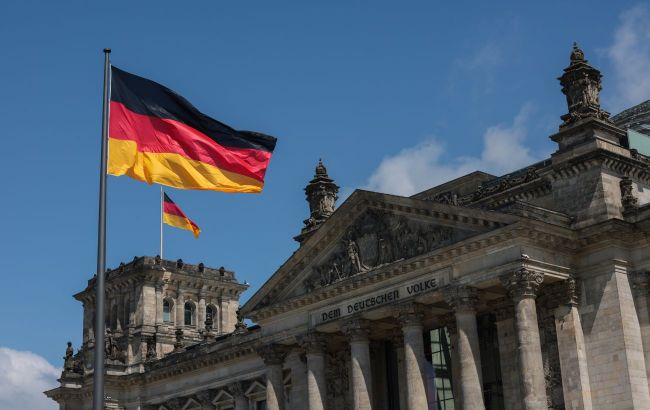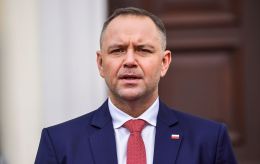Germany shifts stance on using Russian assets for Ukraine - Bloomberg
 Photo: Germany supported the use of Russian assets for the benefit of Ukraine (Getty Images)
Photo: Germany supported the use of Russian assets for the benefit of Ukraine (Getty Images)
Europe is increasing pressure on Russia and looking for ways to compensate Ukraine for its losses. Germany has eased its cautious stance and is now supporting the use of frozen funds, Bloomberg reports.
Europe increases pressure
According to the media outlet, momentum is growing in Europe to expand the use of frozen Russian assets to finance Ukraine. This shift became possible after new pressure from US President Donald Trump and a change in Germany’s position.
European governments and their G7 allies are exploring ways to further use frozen assets to increase revenues supporting Kyiv’s defense against Russian aggression. Most of the roughly $300 billion in frozen Russian assets are held in Europe.
EU comments
European Commission President Ursula von der Leyen said earlier this month that the EU must find new ways to make Russia pay for the war.
“We need to work urgently on a new solution to finance Ukraine’s war effort on the basis of the immobilized Russian assets,” Ursula von der Leyen said during her state of the EU address. “With the cash balances associated with these Russian assets, we can provide Ukraine with a reparations loan.”
Germany’s shift in position
Germany, long cautious about protecting Europe’s financial hub and upholding state immunity, has become an active advocate of maximizing the use of these funds.
Sources, speaking on condition of anonymity, said Berlin’s shift is linked to concerns that if US support weakens under Trump, the burden of aiding Ukraine will fall on Europe’s largest economy, potentially strengthening the far-right in Germany.
The initiative is not expected to lead to outright confiscation, as the US and some Eastern European countries continue to demand. The EU, G7 states, and Australia froze the Russian central bank’s assets after the invasion and agreed to channel the interest earned on them to Ukraine.
Next steps
The issue will be discussed at the EU finance ministers’ meeting in Copenhagen this week and among EU leaders in October. A final decision is expected at the EU leaders’ summit on October 23–24.
According to the Kiel Institute, Western countries are providing Ukraine with modest but steady support amounting to €80 billion annually. Overall, Europe has clearly overtaken the US in aid to Ukraine.
The vast majority of Ukrainians (76%) believe that even without US support, Ukraine must continue fighting alongside its European allies.

